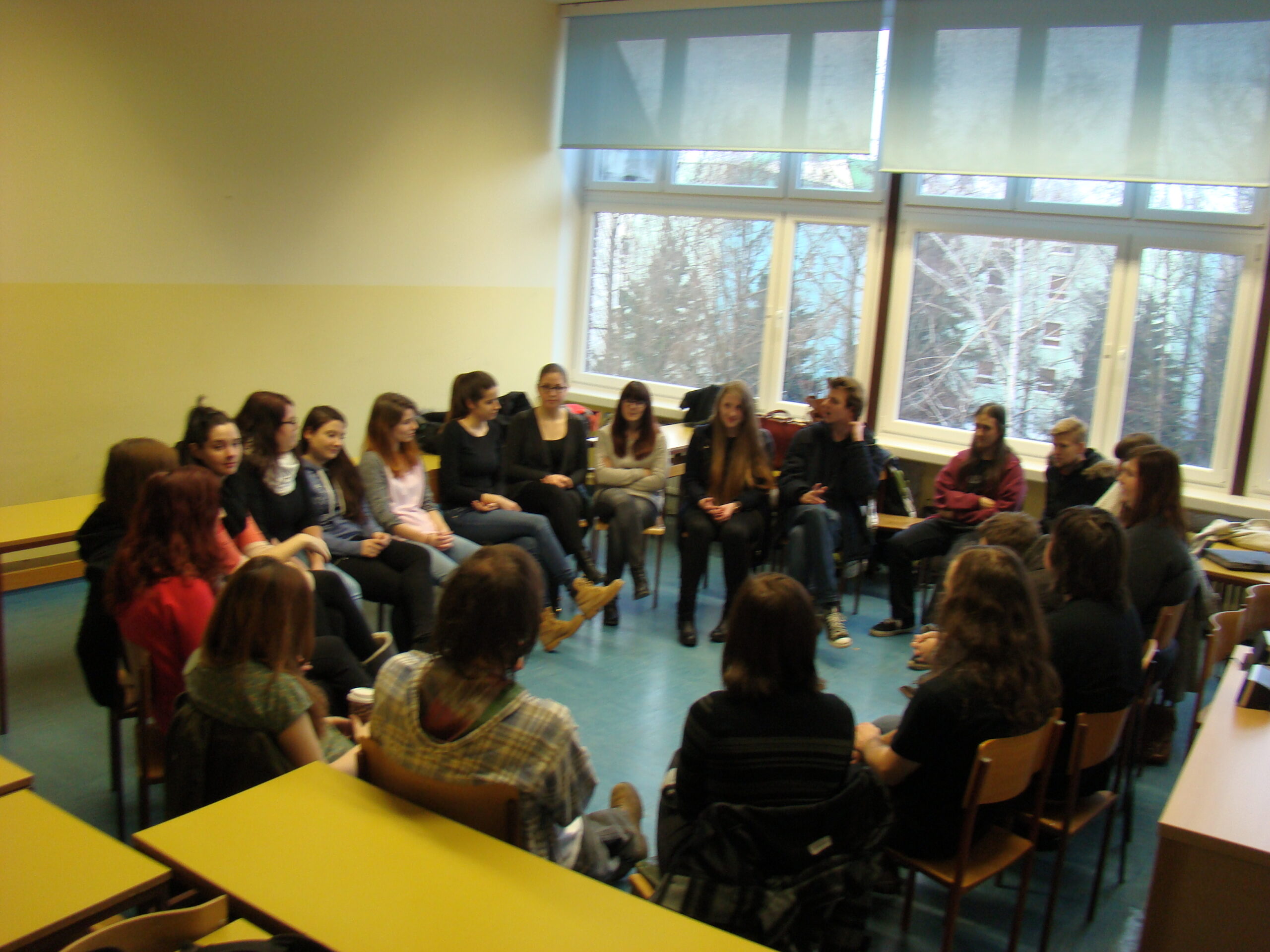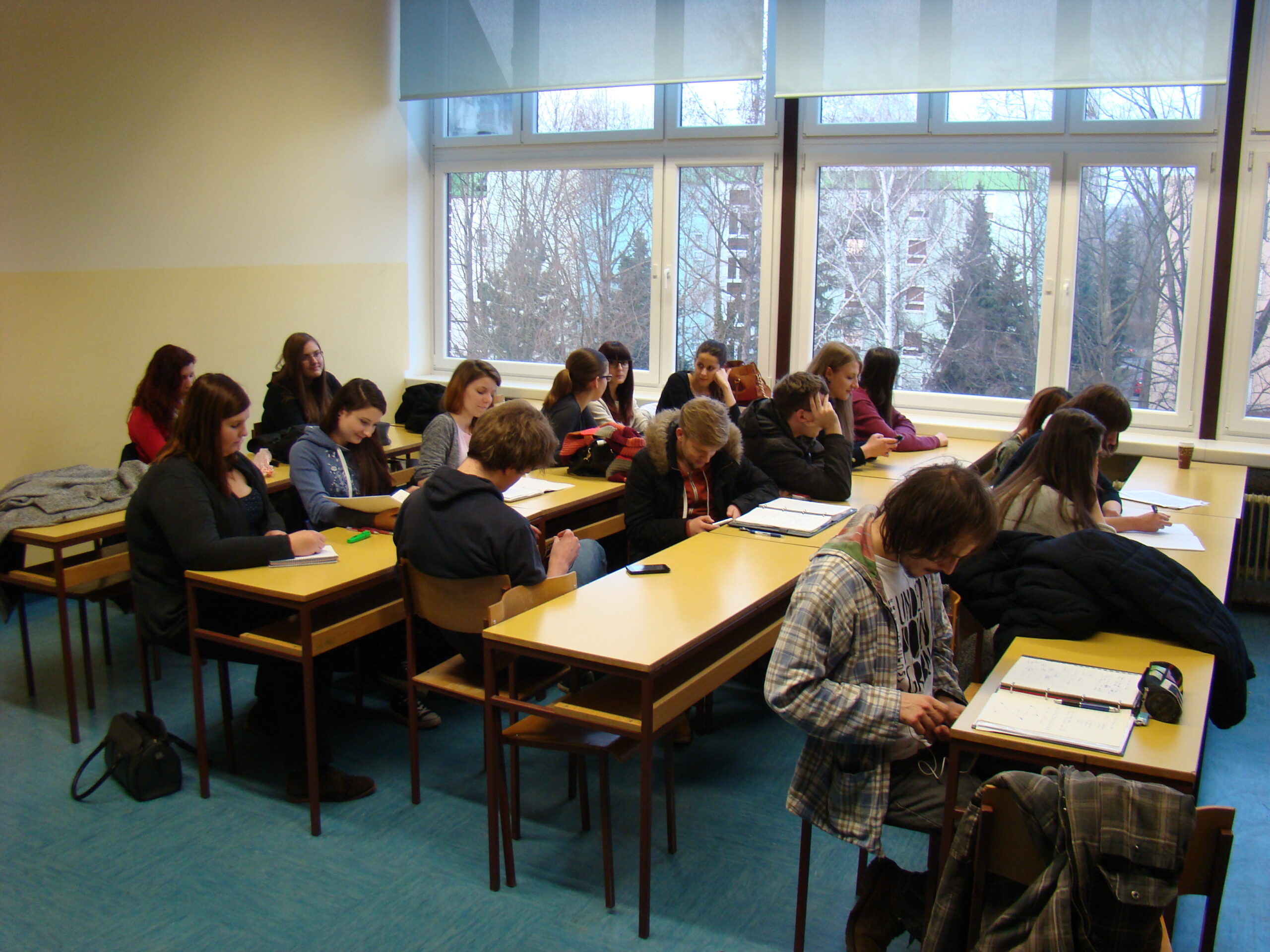INTERNATIONAL COOPERATION
Members of the Department of Philosophy collaborate with several philosophical and other related institutions and universities both at home and abroad. The universities in Central and Eastern Europe (especially in Ljubljana, Koper, Graz, Rijeka, Zagreb, Belgrade) are particularly notable in terms of the intensity of their cooperation. This cooperation is achieved through teaching staff mobility and involvement in research work in project groups, membership in editorial boards, participation in conferences and seminars, summer schools, etc.
We cooperate intensively with the Central European University (CEU), which was until recently based in Budapest, but has since moved its primary location to Vienna. Dr Nenad Miščević, a member of the Department, has been working as a lecturer at CEU for many years and, with our encouragement and professional and scientific cooperation, several students have decided to pursue their doctoral studies at this institution.
The Department of Philosophy encourages participation in international exchanges, such as Erasmus+ and CEEPUS. Such exchanges allow teaching staff and students alike to learn more about a foreign cultural and social environment, and offers them a new level of autonomy. The experience of studying abroad also provides these individuals with an insight into the diversity of approaches to philosophical problems from the different perspectives of different departments. In addition to this, the Department co-organises an annual international scientific philosophical conference in Bled, which is currently funded by the ARRS as part of a bilateral project entitled Thought Experiments and Society: Applied Epistemology and Ethics, in cooperation with the University of Georgia. In recent years, we have collaborated with the University of Arkansas (2015–2016, Slovenian Principal Investigator Dr Nenad Miščević, US Principal Investigator Dr Jack Lyons; 2017–2018, Slovenian Principal Investigator Dr Nenad Miščević, US Principal Investigator Dr Jack Lyons) and the University of Georgia (2019–2021, Slovenian Principal Investigator Dr Smiljana Gartner, US Principal Investigator Dr Sarah Wright) in the form of a bilateral collaboration. Some examples of philosophical conferences in Bled in which we have participated in recent years are: The Intersection of Epistemology and Philosophy of Mind, 2015 (Jack C. Lyons, Danilo Šuster), Ethical Issues, 2016 (Justin Weinberg, Friderik Klampfer), Epistemic Virtues and Epistemic Skills, 2017 (Sarah Wright, Smiljana Gartner), Ethical Issues: Theoretical and Applied, 2018 (Justin Weinberg, Friderik Klampfer), Social Epistemology and the Politics of Knowing, 2019 (Sarah Wright, Smiljana Gartner).
The Department is also active in research within national and international research projects. We are currently undertaking a 5-year research period within ARRS, which focuses on thought experiments in philosophy across various philosophical fields, such as ethics and political philosophy, ontology and philosophy of mind, philosophy of language, epistemology, literature, art, etc. We are also working on a project focusing on artificial intelligence and its impact on the pedagogical process, as well as on a project focusing on epistemological failures.
The Department of Philosophy traditionally organises lectures and conferences with renowned philosophers from all over the world. In recent years, we have hosted Michael Devitt (CUNY), Pierre Jacob (Institut Jean Nicod in Paris), Terry Horgan (University of Arizona), Yujin Nagasawa (University of Birmingham), Duncan Pritchard (University of California), and many other individuals of note.
The Department also organises an annual International Student Philosophy Symposium, which is open to students of all years of study. The Symposium hosts dozens of participants each year from a wide range of prestigious universities from around the world, and provides an excellent introduction to writing and presenting professional papers to an audience, as well as an opportunity to discuss and share knowledge with international philosophy students.




